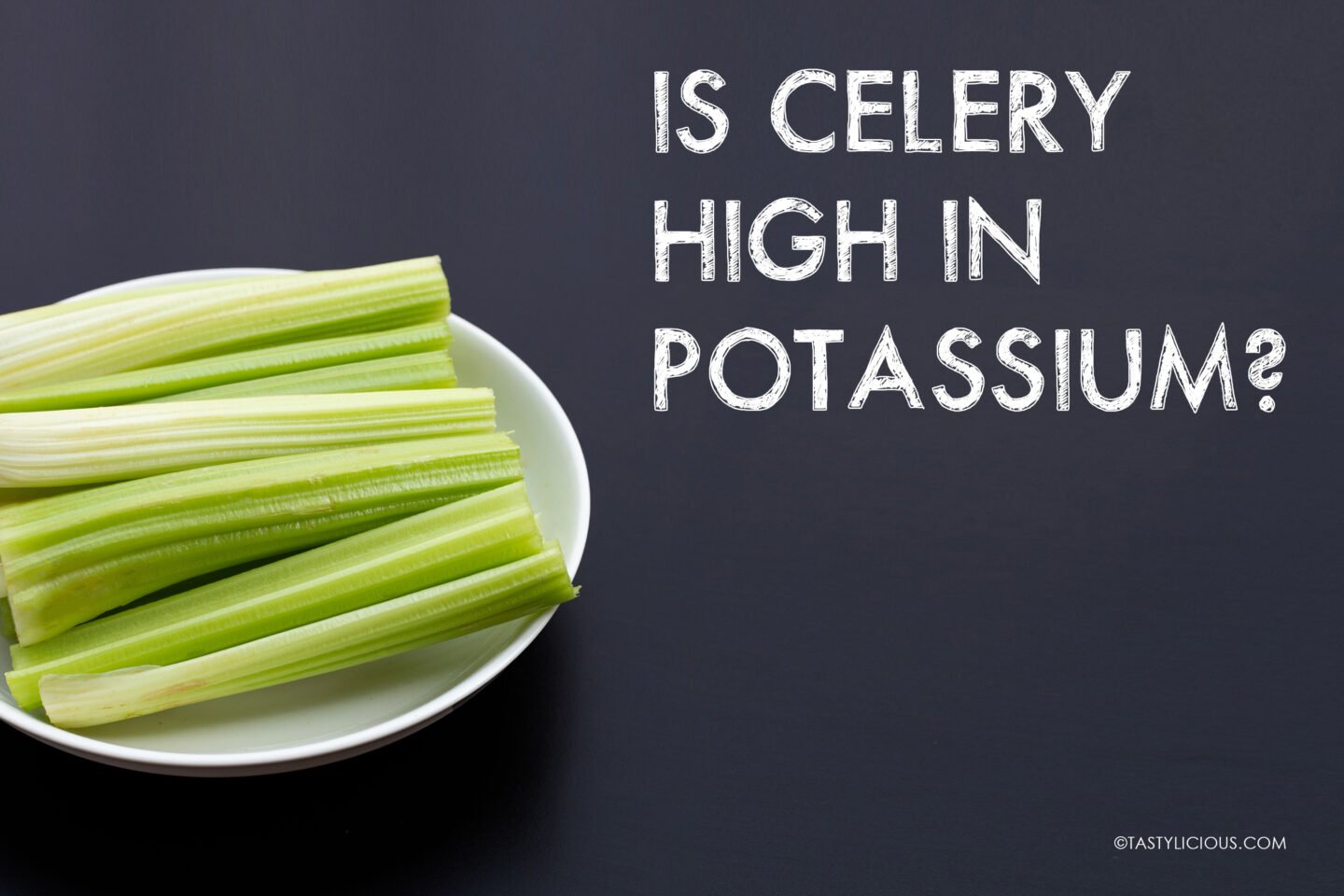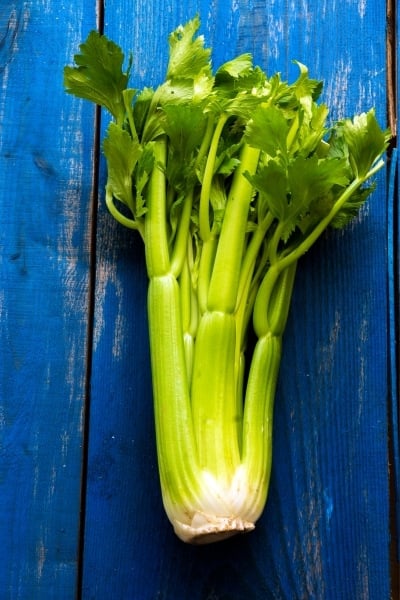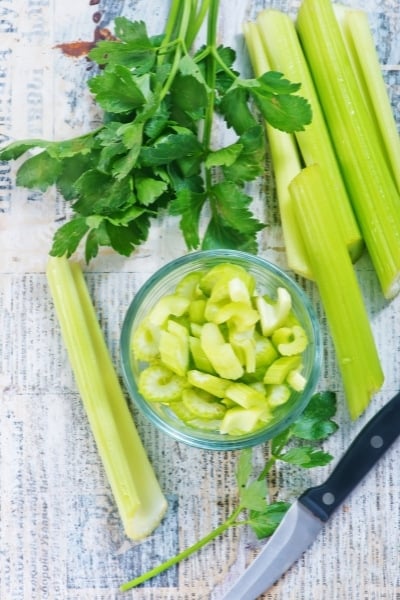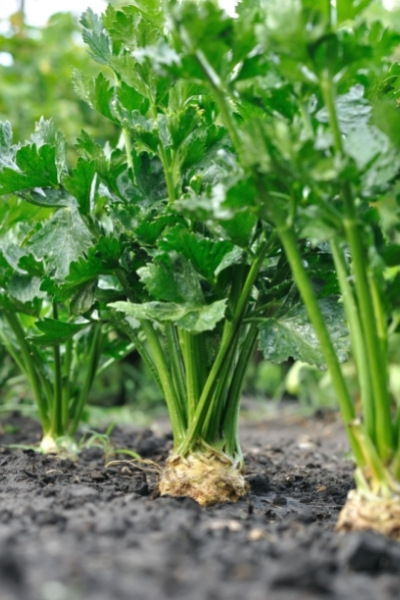Potassium is an essential nutrient that maintains the fluid levels inside cells, supports muscle contraction, and helps regulate blood pressure.

Everyone needs some potassium in their diet; however, doctors often recommend people suffering from kidney problems follow a low-potassium diet, as their kidneys may not be able to remove it from the bloodstream.
Celery is nutritious, low in calories, and surprisingly versatile, used in everything from soups and salads to scooping up dips. Generally, it's a fantastic addition to a healthy diet, but how is it for those who need to limit their potassium intake?
Table of Contents
Is Celery High or Low in Potassium?
Celery is high in potassium, so those with kidney issues should limit their intake or avoid it entirely.
However, it's an excellent dietary addition for those seeking to increase their potassium intake.
Can You Check Your Potassium Level at Home?
How Much Potassium Is in Celery?
A cup of chopped celery contains around 263 mg of potassium, over the 200 mg per serving threshold for low-potassium foods.
Too much potassium can lead to frequent painful urination and pain in the lower abdomen in those with kidney issues.

Is Celery Good for You?
Celery is low in calories but contains many essential nutrients. A cup of chopped celery contains 1.6 g of fiber, which keeps you feeling full longer after eating.
A cup of celery contains 25% of the recommended daily intake of Vitamin K, which supports blood clotting and bone metabolism.
Vitamin K is fat-soluble, so eat celery with a food high in healthy fats to ensure good absorption. Vitamin K is an antioxidant, reducing inflammation in the digestive tract, cells, blood vessels, and organs.
Celery also contains a good amount of vitamin B9 (folate), which aids red blood cell formation and cell and tissue growth and function.
Folate is critical during early pregnancy, as it reduces the risk of birth defects of the brain and spine.
The antioxidants in celery flush out free radicals, preventing oxidative stress and reducing your risk of heart disease, diabetes, and cancer.

Celery contains alkalizing minerals like magnesium, iron, and sodium, all of which may alleviate the symptoms of acid reflux, such as heartburn.
Eating celery may benefit those on an alkaline diet, as its compounds and minerals help neutralize the harmful effects of acidic foods.
Can You Get Too Much Potassium from Celery?
It would be almost impossible to get too much potassium purely by eating celery.
However, it is high in potassium, so those on a low-potassium diet should consider their daily intake and stay within the limits recommended by their doctor.

Is Celery Juice High in Potassium?
A cup of celery juice contains around 614 mg of potassium, 13% of the recommended daily intake, so those with kidney issues should avoid it.
Is Celery Root High in Potassium?

A cup of celery root (celeriac) contains around 468 mg of potassium.
It also contains good amounts of vitamins K and B6, phosphorus, and manganese.
Conclusion
Celery is high in potassium, so those suffering from kidney problems should strictly limit their intake or avoid it altogether.
However, for those without potassium sensitivity, it's a highly nutritious, delicious addition to your diet.
Don't know which foods are high in potassium? Read our article, 15 Best Food Sources of Potassium. We also have a guide to this important mineral: Potassium 101: All You Need To Know About Potassium.
